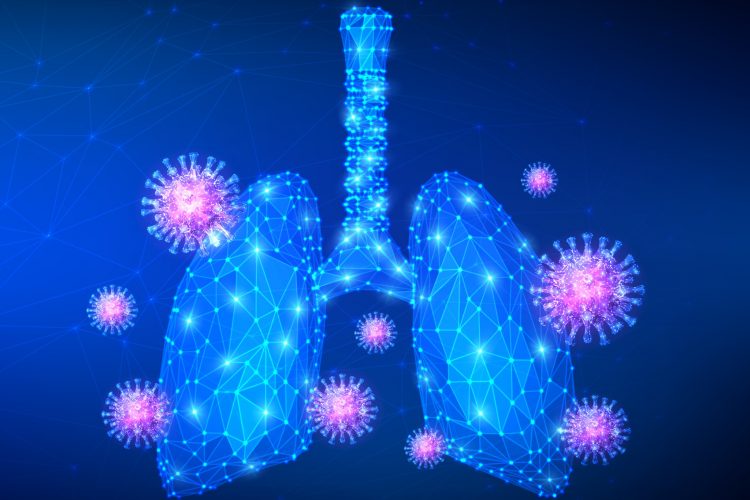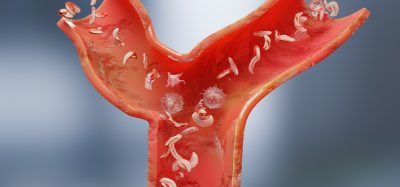Lipid mediators suggested as potential COVID-19 inflammation treatment
Posted: 18 May 2020 | Victoria Rees (Drug Target Review) | No comments yet
A new article has outlined the body’s inflammatory response to COVID-19 infection, saying that lipid mediators derived from omega-3 fatty acids could prevent life-threatening inflammation.


A new article from a US researcher has detailed the human body’s inflammatory response to the SARS-CoV-2 virus, now recognised as a hallmark symptom of COVID-19. According to University of Minnesota Twin Cities student Molly Gilligan, severe COVID-19 illness can result in excessive inflammation throughout the body, including the lungs, heart and brain and cause damage to these organs.
“We are now recognising the importance of controlling this robust inflammatory response in COVID-19 infection in order to reduce associated organ damage and mortality,” said Gilligan. “Finding new ways to dampen the body’s inflammatory response to COVID-19 will likely be as important as finding effective antiviral therapies to control COVID-19 infection and reduce life-threatening organ damage.”
Individual mediators called cytokines cause inflammation in response to tissue injury or infection. The article highlights that current therapeutic strategies for patients with COVID-19 focus on inhibiting a single pro-inflammatory cytokine rather than broadly inhibiting the body’s inflammatory response. Rather than blocking cytokines, Gilligan says that medical staff could turn off virus-induced inflammation by broadly activating the body’s natural inflammation-clearing activities.
The research also revealed that lipid mediators derived from omega-3 fatty acids serve as the body’s natural ‘stop’ signals to inflammation. As such, Gilligan says that increasing levels of these lipid mediators in the body could be a new therapeutic approach to preventing life-threatening inflammation caused by SARS-CoV-2.
“These compounds have been found to be non-toxic and non-immunosuppressive in ongoing clinical trials for other inflammatory diseases, making them even more promising candidates for rapid clinical translation,” said Gilligan.
“What is exciting for us is that these lipid mediators which ‘turn off’ or resolve inflammation are already in clinical trials for other inflammation-driven diseases, such as eye disease, periodontal disease and pain,” said Dipak Panigrahy, an assistant professor of pathology in Beth Israel Deaconess Medical Center. “The mediators can quickly be applied to turn off inflammation in COVID-19 patients.”
The findings were published in Cancer & Metastasis Reviews.
Related topics
Disease Research, Drug Targets, Immunology, Lipidomics, Lipids, Research & Development
Related conditions
Coronavirus, Covid-19
Related organisations
Beth Israel Deaconess Medical Center, University of Minnesota Twin Cities
Related people
Dipak Panigrahy, Molly Gilligan








